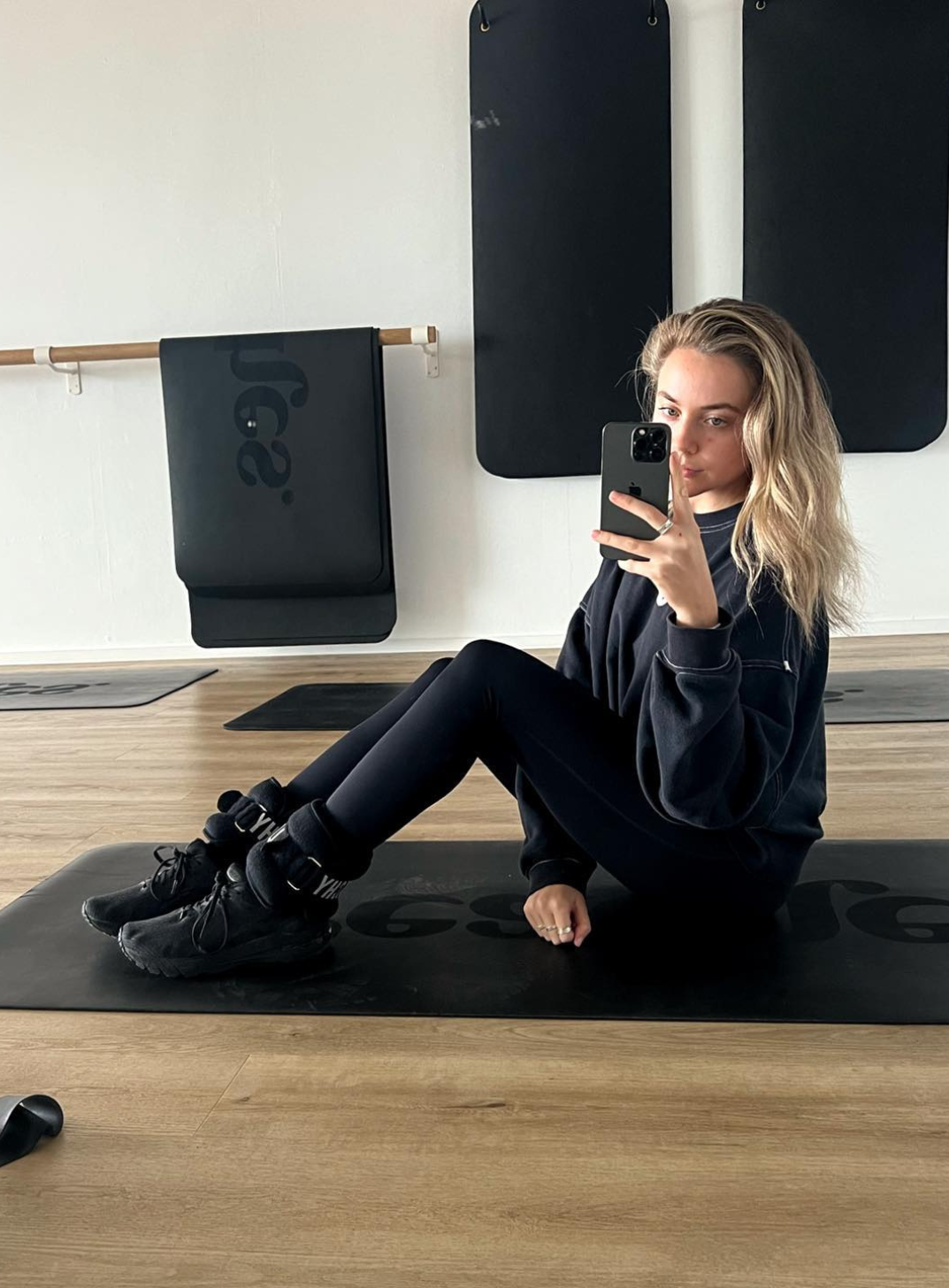The Long Term Effects Of COVID-19 Stress
For many of us, COVID-induced stress is lingering like a bad smell. A psychologist explains why.
Back in March, when lockdown measures first came into place – that’s approximately three lifetimes ago in Corona-years – a friend of mine mentioned that her employer was preparing for the entire workforce to work from home until June. At the time, the idea of doing Zoom meetings in winter sounded far-fetched. And a little… dramatic?
Ha ha ha. Oh, how wrong I was.
Here we are in August. In some areas, COVID-19 has been two steps forward, three steps back. While we enjoyed a glimpse of freedom in June/July, as of this week, Melbourne is now in stage four lockdown with a nightly curfew from 8pm – 5am, Sydney is teetering on the edge and many states have shut their borders.
Lockdown is no longer a novelty. We’ve baked all of the banana bread. We’re no longer tickled by the idea of a wine over Zoom. While necessary to protect the most vulnerable members of our society, the now long term nature of Coronavirus is bringing up a lot of feelings: stress, anxiety, boredom, restlessness and loneliness, to name a few.
If you’re feeling out of sorts, you’re not alone. Lysn psychologist Noosha Anzab explains what’s going on and what you can do to cope.



Coronavirus = a stressful time. But what is stress, anyway? “Stress is a term that we use to reflect on feeling overwhelmed, overloaded, worried and tense. Stress occurs when we face a situation that we feel we cannot cope with,” Anzab shares. However, it’s not all bad: “Some forms of stress can help us perform, help propel us into action and in turn motivate us.”
“The way that it manifests itself is both psychological and emotional – feelings of anxiety, irritability, restlessness, feeling unmotivated or unfocused, and also physical conditions, such as headaches, digestive issues and sleep deprivation.”
“With the first wave of COVID-19, we saw people go through stages of being stressed, being open and curious, launching into action and being stressed again. We really saw people get creative, embrace the forced pause and shift perspective.”
While many longed for normalcy to return, others enjoyed the newfound time at home and were reluctant to go back to their busy life pre-Coronavirus. “There is no right or wrong. We can’t deny that people experienced a myriad of emotions and challenges (both physically and mentally), and each persons’ reaction was equally warranted.”

Victorians – Melburnians in particular – are facing lockdown again. This time around, the novelty has worn off. “There are about 101 reasons why our Melburnians are struggling this time around. The lockdown they are experiencing is stricter, it has more bounds, it has more repercussions, there is a sense of going backwards despite all of their attempts at surviving through the first wave of COVID-19. We are seeing fear, frustration, invalidation, sadness, hurt and [feelings of] injustice. Fatigue is kicking in and Melbournians are starting to really express that they simply don’t know where the goal posts are.”
We’ve all faced acute bouts of stress from adjusting to the new normal. But for some, the stress of this global pandemic, brought on by a job loss, financial exhaustion, social isolation or exacerbated health issues, is now considered chronic.

If COVID-19 and uncertainty are the new black normal, we need ways to cope. Anzab recommends:
- Exercise. “For fast acting relief, exercise! 30 minutes can really boost our mood, counter stress and anxiety hormone production as well as improve our overall health.” Read our list of the internet’s best online workouts here.
- Mindfulness. When you’re not moving, practice the art of relaxation. Conscious breathing and meditation helps to turn off our stress response. “When we breathe deep into our abdomen, we better normalise our heart rate, we reduce muscle tension and our anxiety starts to dissipate simply because we’ve elicited a relaxation response versus a stress response.” Learn more about meditation here.
- Review your lifestyle. If your stress feels long term, acknowledge it and try to identify the cause. Switching up your lifestyle habits to prioritise healthy eating, exercise, taking time out, mindfulness and allowing for adequate rest can really help.
- Talk to a professional. “When it comes to anxiety, psychological therapy can really aid in long-term relief and this can also reduce stress too.” If you need help finding the cause of the issue (see review your lifestyle point above) this is where a psychologist or GP could assist.

If you’re feeling a little wobbly, seeking help by reaching out to your GP or psychologist is a great place to start. “Prevention is better than a cure,” Anzab shares. “Rather than waiting for our mental health to really deteriorate, we could start therapy simply to learn strategies and practices to prevent hitting that rock bottom in the first place.”
Noosha Anzab is a psychologist with Lysn, an online platform that helps connect Australians with mental health experts. Through Lysn, professional help is available anywhere, anytime.
If you or someone you know needs help, phone Lifeline on 13 11 14 or the 24-hour Suicide Call Back Service 1300 659 467. Beyondblue have a 24/7 Support Service – call 1300 22 46 36 or click right here for an online chat (3pm-12am AEST).












Comments